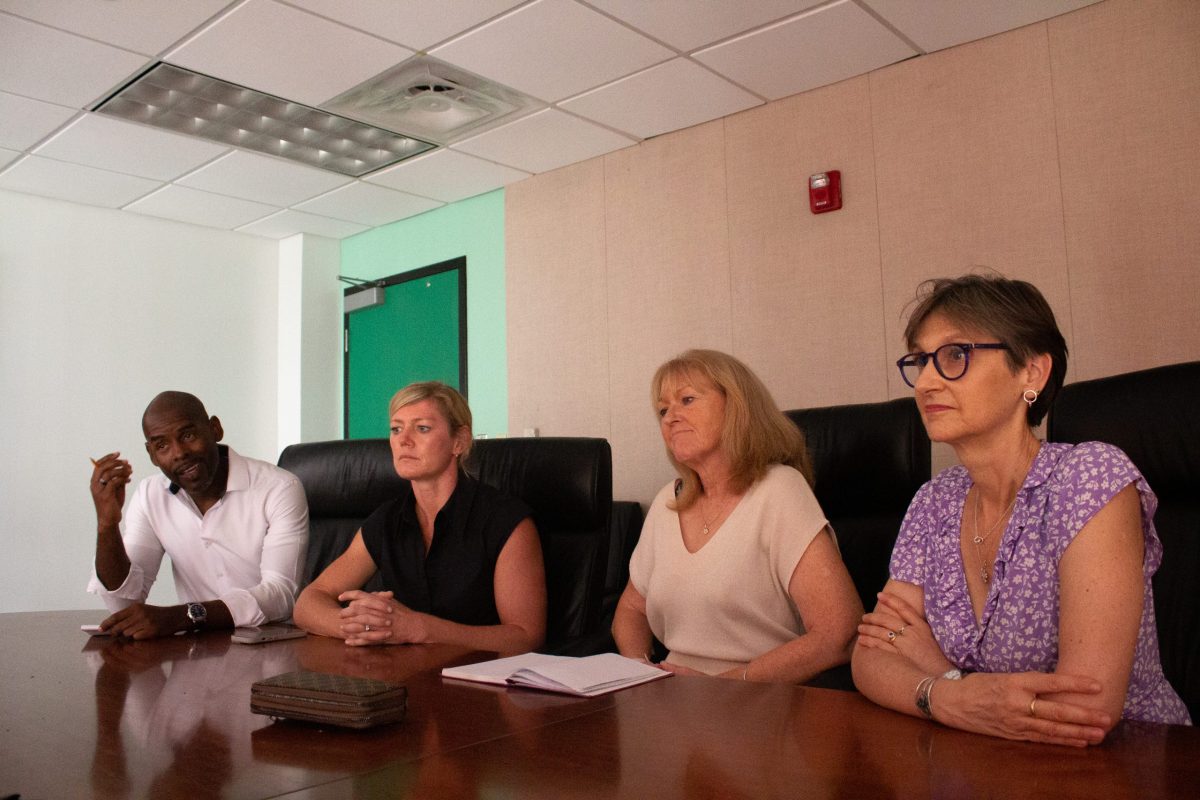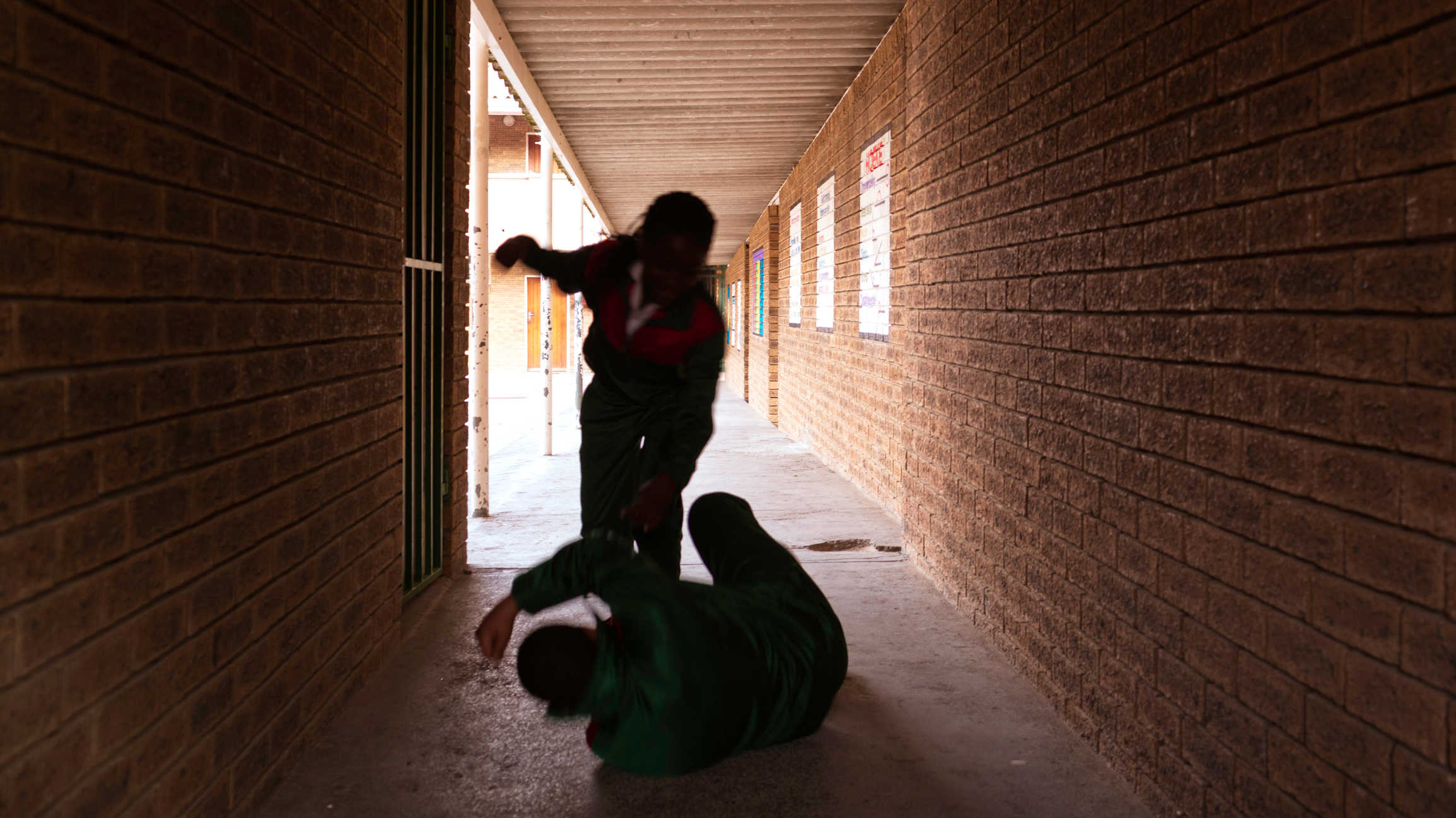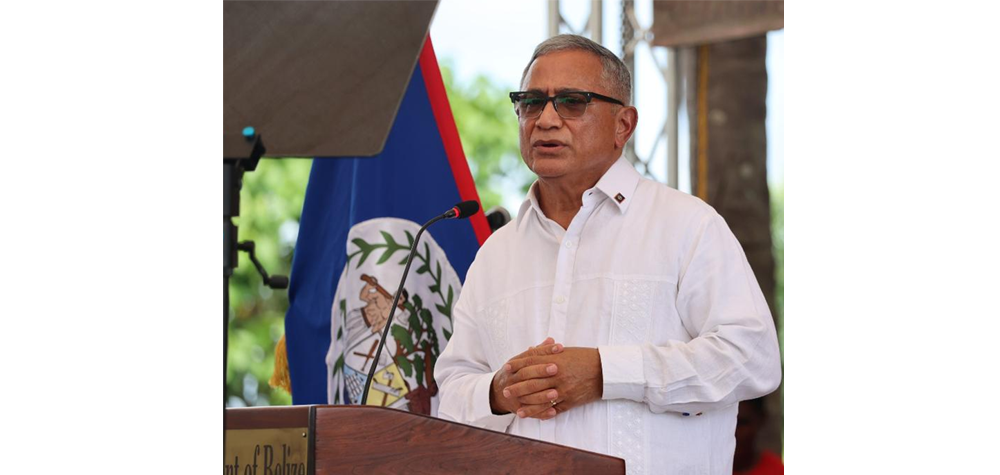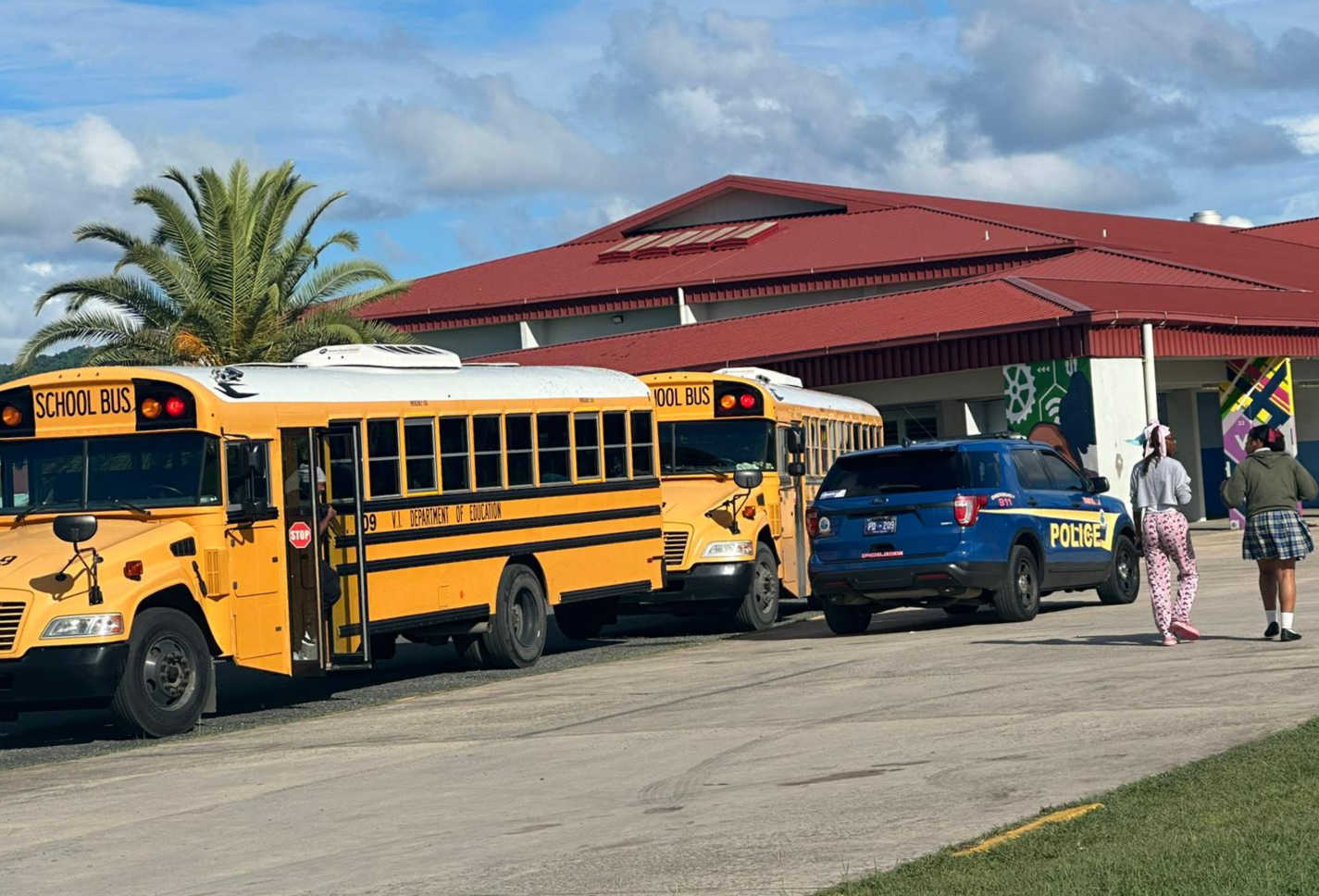

The BVI Health Services Authority has partnered with a United Kingdom-based company to help standardise the quality of emergency-response training for healthcare workers in the Virgin Islands.
The initiative, which is free for the BVIHSA, is administered by the life-support training provider Back to Life Limited and supported by the charity Resuscitation Council UK, officials said.
The first session, which started on Sept. 23, was led by nine instructors who travelled to Tortola to provide training in adult and paediatric emergency care.
“We’ve managed to deliver training to almost 90 of our staff members,” BVIHSA Assistant Chief of Medical Staff Dr. Annelise Wilkins told reporters on Monday. “And I’m pleased to say all of our staff passed with flying colours, including some of those being pulled as being exceptional candidates, which we’re so pleased about.”
Some of the high-performing staff, she added, have already started on the path to becoming course instructors as part of the initiative’s next step: establishing the BVIHSA as a training centre fully accredited by Resuscitation Council UK by 2029.
“We want to be able to establish ourselves as a training centre,” Dr. Wilkins said. “So train our staff to become trainers so we can become self-sufficient.”
Two-step process
Plans to launch the five-year partnership began last December, according to Back to Life CEO Jo Lawrence.
Strategic talks are continuing, but in the short term the programme’s goal is two-fold, Ms. Lawrence said.
“The first level is to establish them as a centre for immediate life-support and paediatric immediate life-support courses,” she said. “And then the next level will be to establish them as an advanced life-support and a paediatric advanced life-support centre.”
ReSPECT
The trainers teach an approach known by the acronym “ReSPECT:” “Recommended Summary Plan for Emergency Care and Treatment.”
This system encourages conversations between patients and clinicians regarding emergency care plans, according to Petronelle Eastwick-Field, who heads the ReSPECT programme at Royal Berkshire Hospital in Reading, UK.
“If you have had an emergency, that’s the opportunity to really ensure that there is an understanding about if another emergency should happen, that there is a robust emergency care plan that will ensure that the patient’s plan is one that enhances beneficial treatment,” Ms. Eastwick-Field told reporters Monday.
Conversation
Though this conversation should primarily take place between the patient and their provider, family members are also included in the conversation, “particularly if the patient is not able to take part,” she said.
Related News

School Fights Not a Cabinet-Level Discussion, Says Governor Bryan Days Before Shocking Ass...

Cayman Islands to ask voters whether to ease marijuana laws

Belize’s 43rd official Independence Day ceremony was harmonious

